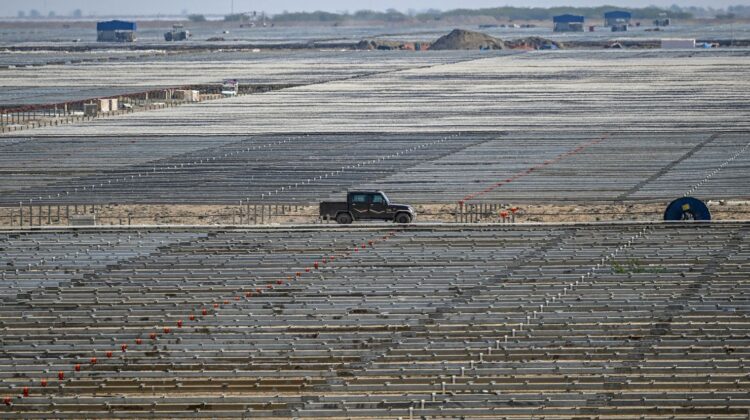
Five times the size of Paris. Visible from space. The world’s biggest energy plant. Enough electricity to power Switzerland.
The sheer magnitude of the project underway in the barren salt desert on the edge of western India is beyond comprehension. Spearheaded by Adani Green Energy Limited (AGEL), this initiative aims to transform vast swathes of land into one of the most significant sources of clean energy globally. Sagar Adani, executive director of AGEL, admits that the scale is so immense that he has ceased trying to quantify it.
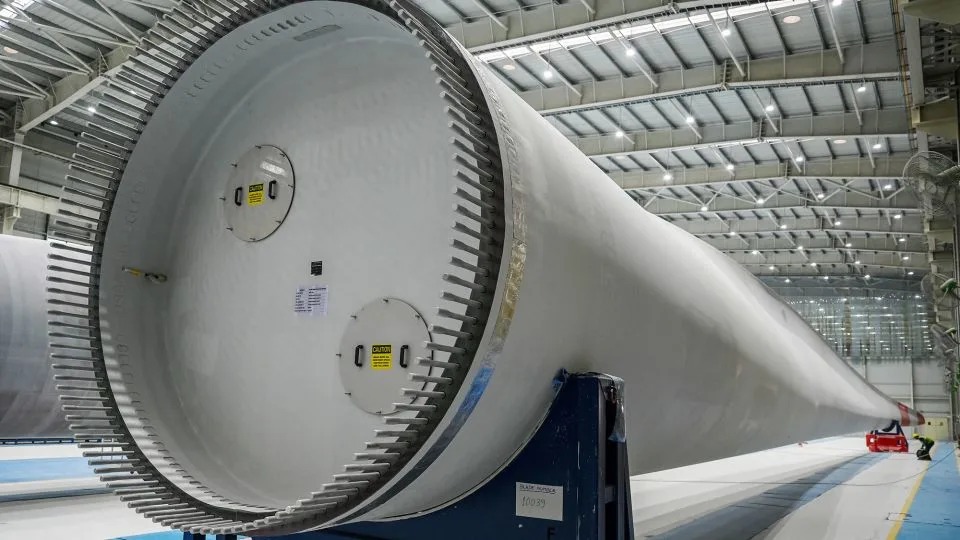
AGEL, a subsidiary of the Adani Group, India’s largest coal importer, and a major player in the coal mining industry, is leading the charge towards renewable energy. Despite its roots in fossil fuels, AGEL is investing approximately $20 billion into constructing a colossal solar and wind power plant in Gujarat, western India. Once completed in about five years, it will stand as the world’s largest renewable park, capable of supplying electricity to 16 million Indian households.
The success of the Khavda Renewable Energy Park holds paramount importance for India’s environmental aspirations and its commitment to combatting climate change. With coal still dominating 70% of India’s electricity generation, transitioning to renewable energy sources is imperative to curbing pollution and meeting climate targets.
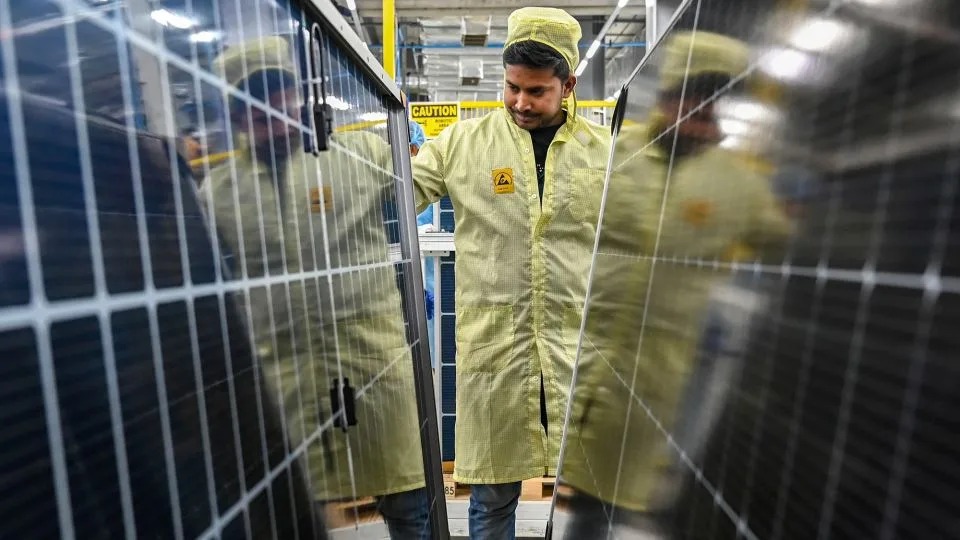
Nestled just 12 miles from the volatile border between India and Pakistan, the park spans over 200 square miles, making it the largest power plant on the planet, regardless of the energy source. Adani emphasizes the optimal use of the vast, uninhabited land, devoid of wildlife or vegetation.
The journey towards green energy hasn’t been devoid of challenges. In 2023, AGEL weathered a storm of allegations from American short-seller Hindenburg Research, accusing the conglomerate of fraud. Despite the ensuing stock market turmoil and substantial loss in valuation, AGEL and its parent company persevered, reaffirming their commitment to clean energy investments.
AGEL’s pivot towards renewable energy aligns with India’s ambitious climate goals, set by Prime Minister Narendra Modi. Modi aims for renewable sources to fulfill 50% of India’s energy needs by the end of the decade, with a pledge for net-zero emissions by 2070. AGEL’s contribution to this vision is substantial, aiming to generate nearly 30 GW of power from the Khavda park alone, a significant step towards India’s target of 500 GW of non-fossil fuel electricity capacity by 2030.
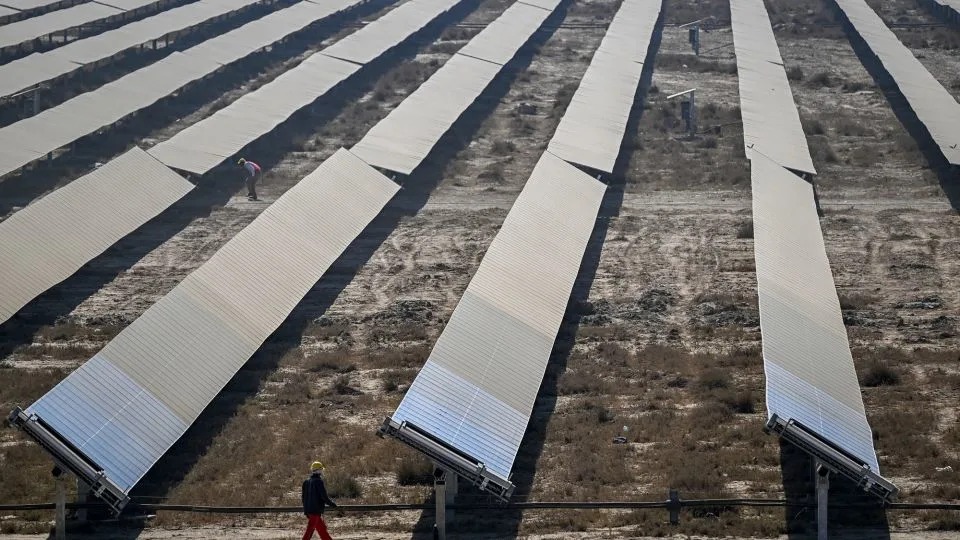
Adani stresses the urgency of India’s energy transition, citing the nation’s staggering growth trajectory and the dire consequences of replicating historical fossil fuel dependency. As India’s urban population burgeons and energy demands escalate, the need for sustainable energy sources becomes paramount.
However, AGEL’s commitment to renewable energy is met with skepticism from climate experts, citing the conglomerate’s continued investments in fossil fuels. Critics argue that diverting resources towards low-cost zero-emission technologies would better serve India’s environmental interests.
Adani defends the conglomerate’s dual strategy, highlighting the imperative of balancing India’s energy needs with its economic growth. With millions transitioning into middle and upper-income brackets, ensuring access to energy remains a top priority. Adani underscores the complexity of India’s energy landscape, where coal remains a necessity alongside the rapid expansion of renewables.
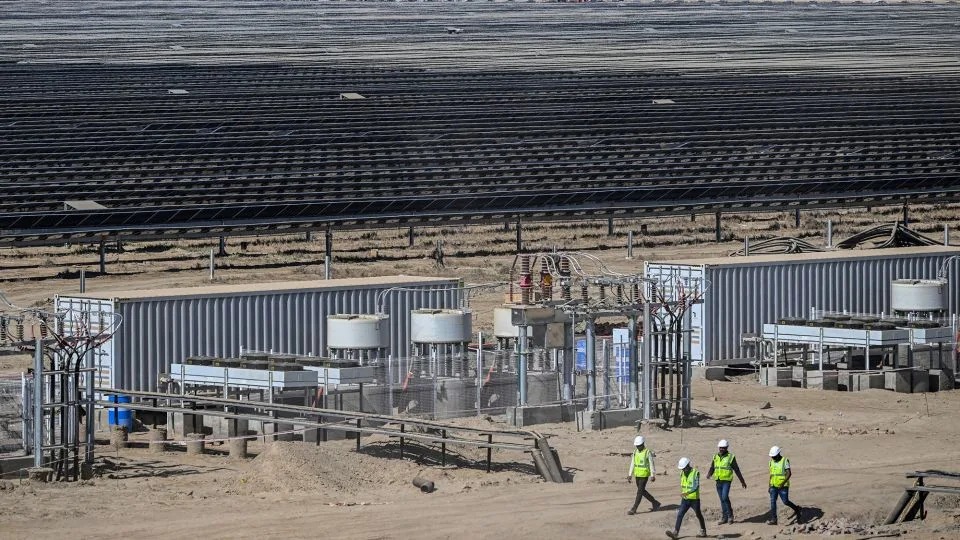
Ultimately, India’s pursuit of a sustainable future necessitates a delicate balance between traditional energy sources and renewables. Adani’s ambitious renewable energy ventures stand as a beacon of hope in India’s battle against climate change, showcasing the nation’s commitment to embracing a cleaner, greener future while navigating the complexities of economic development and energy security.

Leave a Reply